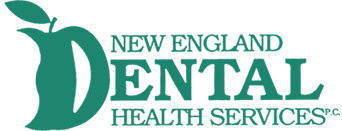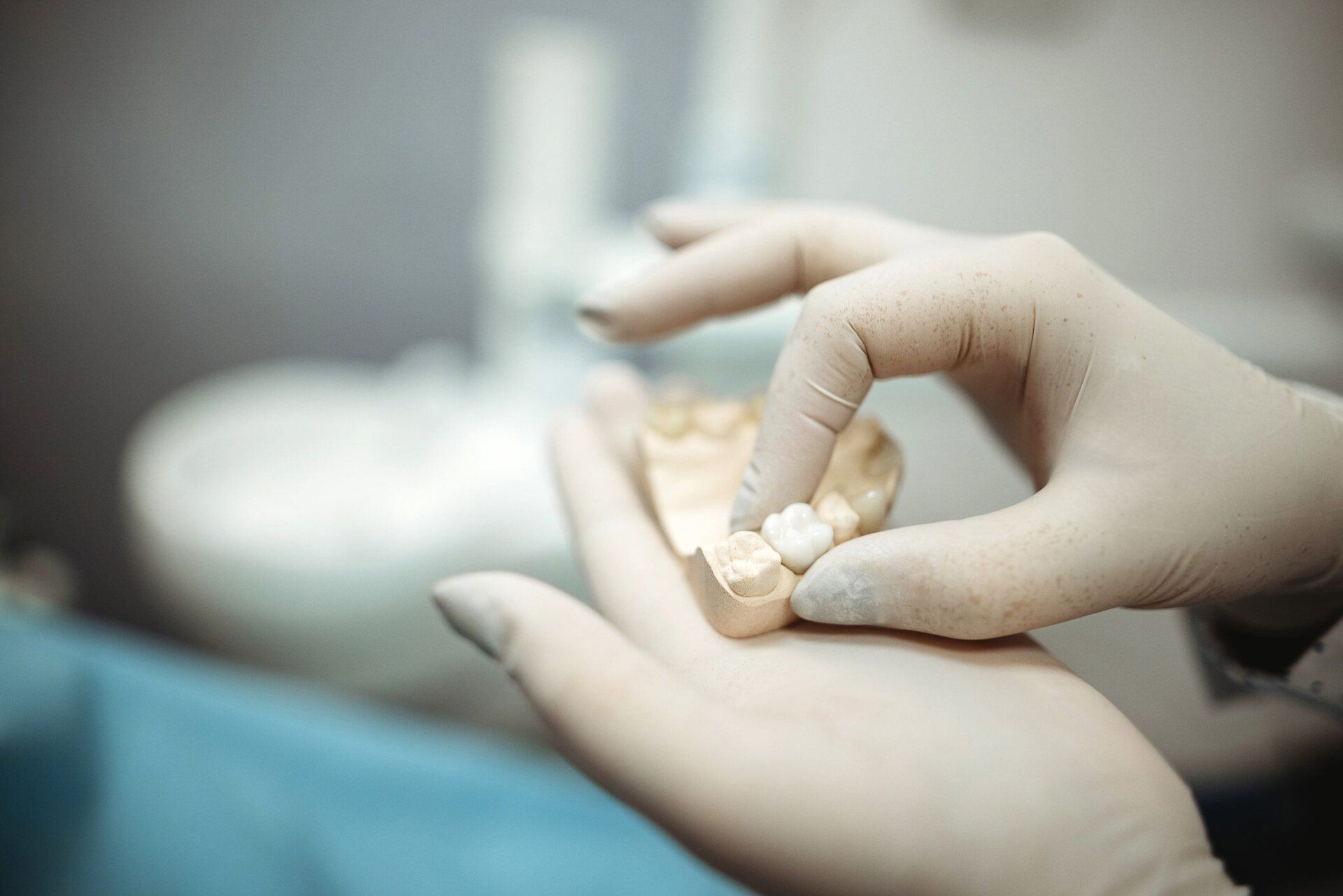Drawing the Line Between At-Home and Professional Dental Care
As a dental patient, you're often encouraged to take ownership of your dental health. Responsibility for at-home cleaning twice daily is squarely on you, and you're responsible for scheduling, paying for, and showing up to dental appointments. But many other aspects of your dental health are outside the purview of home cleaning and should be left to professionals.
Here are some specifics on which aspects of dental care should always be left to professionals and why.
Diagnosing Problems
Your dentist has the means, expertise, and experience to figure out what's wrong with your dental health when you start to experience symptoms. In some cases, your symptoms could be an indicator of a more serious or complex issue than you might at first suspect.
For instance, if you experience tooth pain, you may assume it's from a cavity, but that's not always the case. Your dentist has the expertise to capture x-ray depictions of your teeth and examine them to determine whether your teeth have decay.
If you have pain but no decay, the pain could be from a different issue (such as clenching and grinding). Gum disease, a cracked or chipped tooth, and other issues can also cause pain in a tooth.
You could also develop problems so slowly that you don't notice the symptoms at first. For instance, if you're in the initial stages of gingivitis, you may start to develop gum pockets gradually. Your dental hygienist can measure your gum pockets regularly to see if they're worsening (pockets just a millimeter or two deeper could indicate a problem).
Cleaning With Professional Tools
Of course you should always select the best tooth-cleaning tools for your daily oral care routine. However, some of the professional tools dentists and dental hygienists use are stronger and more aggressive, which is necessary to polish stains and remove tartar from teeth but may not be desirable for everyday cleanings.
These stronger, more intense tools should only be used by a dental professional . One reason is because professionals have the experience and skills needed to use just the right amount of force, so they can scrape off tartar without damaging your tooth surface.
In addition, if you used strong, abrasive polishing action daily, you might wear down your enamel faster. The polishing paste your hygienist uses, for instance, actually contains pumice, which is too abrasive for daily use.
Treating Oral Health Conditions
In addition to diagnosis and professional-strength cleanings, oral health treatments are another issue that you typically shouldn't try to handle on your own. Of course you can't drill and fill a cavity on your own, for example, but some dental patients may use a temporary filling until they can get in to see the dentist, but it's nothing more than a short-term patch at best.
And if you have gum disease, you'll need to see your dentist regularly for treatments, deep cleanings, and monitoring. If not treated early and thoroughly by a dentist, gingivitis (mild gum disease) can develop into periodontitis, which can come with jaw bone loss, tooth loss, and pain.
As you can see, professional dental cleanings are different in character than the typical at-home cleanings. You shouldn't try to replicate them at home; they're necessary to remove tartar and stains, which is why you need to schedule regular professional cleanings. And things can get even more complicated if you develop any oral health issues.
So don't forget your regular exam, x-rays, and cleanings with your dental hygienist. They're essential components of keeping your teeth healthy. To schedule your next appointment with your dental hygienist or dentist, call New England Dental Health Services P.C. today. We provide dental services for children and adults.






